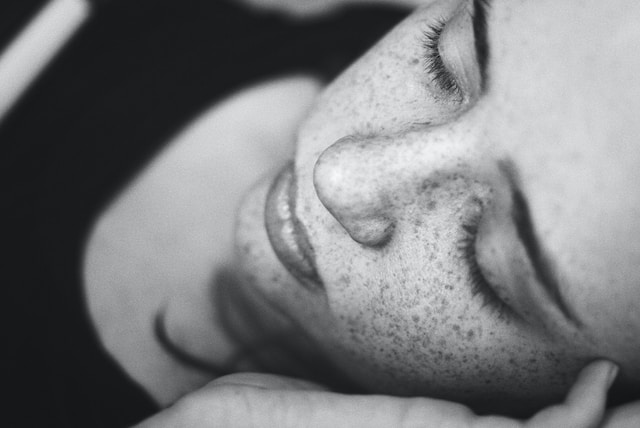Introduction: As the search for effective sleep aids continues, cannabis has emerged as a potential solution for individuals struggling with insomnia and sleep-related issues. With the expanding legalization and acceptance of marijuana in various regions, many people are exploring the use of weed as a sleep aid. In this article, we delve into the pros
Introduction:
As the search for effective sleep aids continues, cannabis has emerged as a potential solution for individuals struggling with insomnia and sleep-related issues. With the expanding legalization and acceptance of marijuana in various regions, many people are exploring the use of weed as a sleep aid. In this article, we delve into the pros and cons of using marijuana to help you decide if toking before bedtime is the right choice for you.
The Pros of Using Weed as a Sleep Aid:
- Sleep Induction: One of the primary reasons individuals turn to marijuana for sleep is its potential to induce sleepiness. The psychoactive compound THC in cannabis is known to have sedative effects, helping some people fall asleep faster.
- Relaxation and Anxiety Reduction: Cannabis, particularly CBD, has shown promise in promoting relaxation and reducing anxiety. By alleviating stress and anxiety, marijuana may create a conducive environment for better sleep.
- Pain Relief: For individuals dealing with chronic pain or conditions that disrupt sleep, marijuana’s analgesic properties can provide relief, potentially improving sleep quality.
- Reduced Nightmares: Some studies suggest that cannabis, particularly strains high in THC, may reduce the occurrence of nightmares and disrupt REM sleep, offering relief for individuals experiencing sleep disturbances due to vivid or distressing dreams.
The Cons of Using Weed as a Sleep Aid:
- Disrupted Sleep Architecture: While marijuana may help individuals fall asleep faster, it can disrupt the natural sleep architecture. High doses of THC can reduce REM sleep, which is essential for cognitive function, memory consolidation, and emotional processing.
- Tolerance and Dependency: Prolonged and heavy use of marijuana can lead to tolerance, requiring higher doses to achieve the same sleep-inducing effects. Additionally, dependence and withdrawal symptoms may occur when cannabis use is discontinued, potentially exacerbating sleep issues.
- Impaired Cognitive Function: Marijuana’s psychoactive effects can impair cognitive function and memory, which may persist into the next day. This can lead to grogginess and difficulty focusing, negatively impacting daytime productivity.
- Potential Side Effects: While cannabis is generally well-tolerated, it can have side effects, including dry mouth, increased heart rate, and impaired coordination. These side effects may not be conducive to a restful sleep experience.
Considerations and Responsible Use:
- Dosage and Strain Selection: Finding the right dosage and strain is crucial for using marijuana as a sleep aid. Lower doses and strains with balanced THC and CBD ratios may be more suitable for sleep, minimizing potential side effects and optimizing sleep quality.
- Individual Variability: Responses to marijuana can vary widely among individuals. Factors such as tolerance, metabolism, and overall health can influence the outcomes. It is important to listen to your body and adjust usage accordingly.
- Legal Considerations: The legal status of marijuana varies across jurisdictions. It is crucial to be aware of the laws and regulations in your area and adhere to them when considering cannabis as a sleep aid.
Conclusion:
Using marijuana as a sleep aid has both pros and cons that individuals must carefully consider. While cannabis may help induce sleep, promote relaxation, and provide pain relief, it can also disrupt the sleep architecture, lead to tolerance and dependency, and impair cognitive function. Responsible use, including finding the right dosage, strain selection, and being aware of legal considerations, is essential. Consulting with healthcare professionals and considering alternative sleep interventions are advisable for those seeking a restful night’s sleep.

















Leave a Comment
Your email address will not be published. Required fields are marked with *